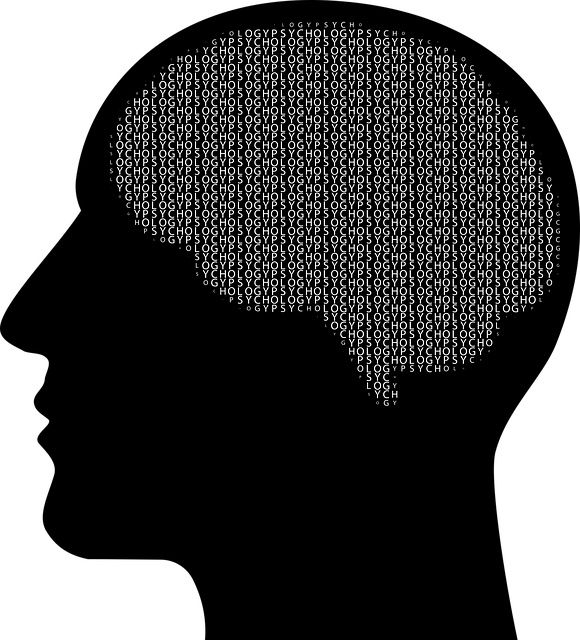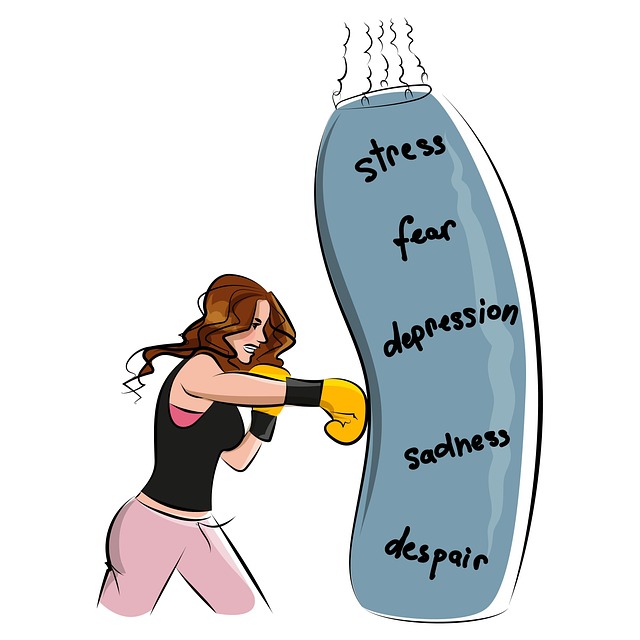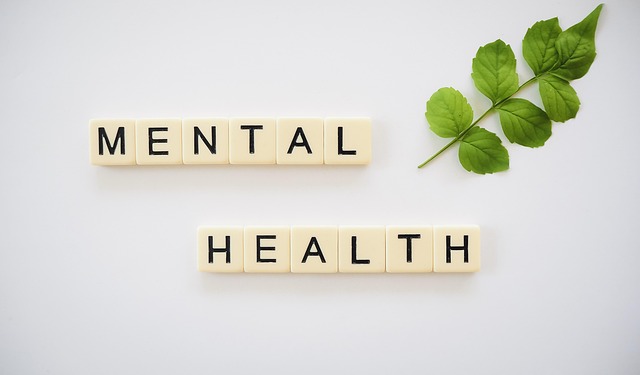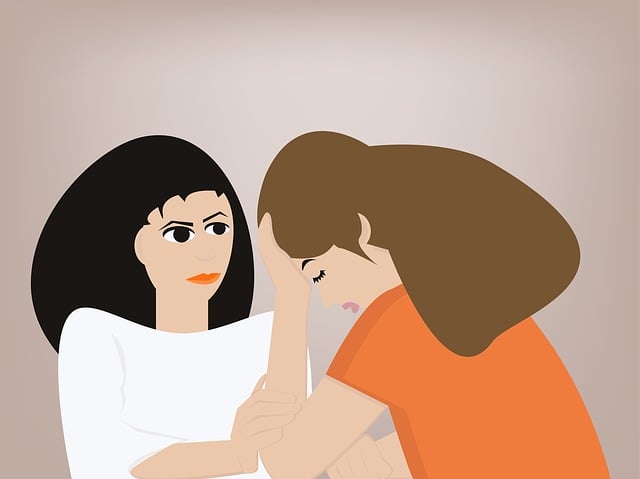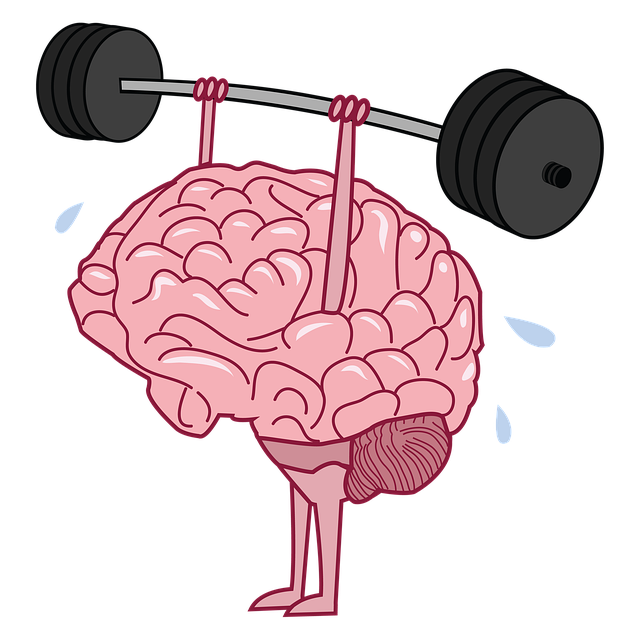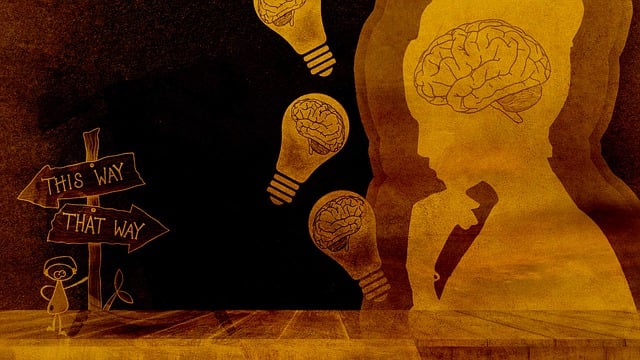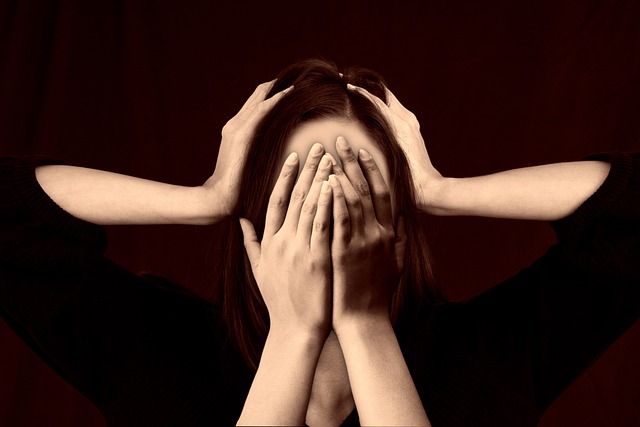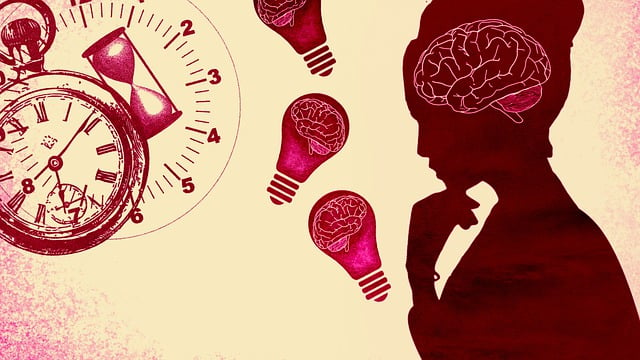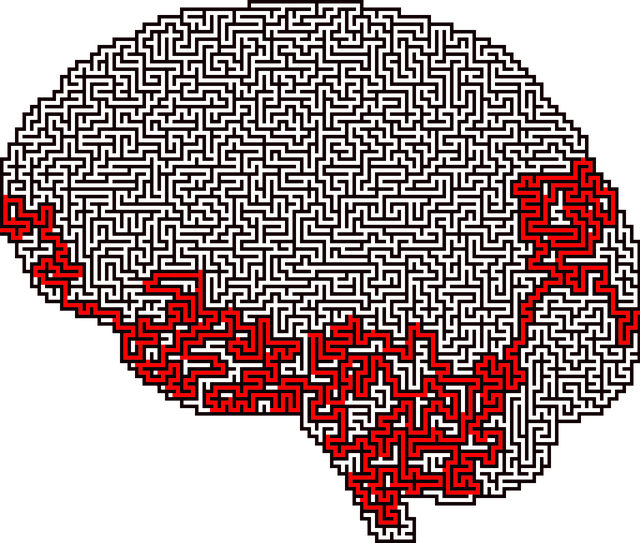Elderly Adjustment Disorder (EAD), a mental health condition affecting older adults due to significant life changes, manifests as sadness, anxiety, concentration issues, and physical complaints. Early recognition is key, with professionals conducting assessments and recommending tailored therapy like cognitive-behavioral therapy (CBT) and mindfulness practices for effective management. Community outreach programs and crisis intervention guidance further support elders in coping with daily stressors. Incorporating stress-reducing activities and self-care routines enhances emotional healing, resilience, and overall well-being, fostering a healthier approach to life's challenges.
Stress management is a vital aspect of maintaining mental well-being, especially among the elderly. This article explores effective strategies to combat stress and anxiety, focusing on the unique challenges faced by older adults. We delve into Understanding Elderly Adjustment Disorder (EAD), its symptoms, and impact, offering insights that underscore the importance of early intervention. Additionally, we present a range of therapeutic techniques and daily practices tailored for elders to manage stress, emphasizing the power of self-care in their overall health journey. Key keywords: Therapy for Elders Adjustment Disorder.
- Understanding Elderly Adjustment Disorder: Symptoms and Impact
- Effective Stress Management Techniques for Elders
- Incorporating Stress-Reducing Activities into Daily Routines
Understanding Elderly Adjustment Disorder: Symptoms and Impact

Elderly Adjustment Disorder (EAD), often overlooked in older adults, is a mental health condition resulting from significant life changes and transitions. The symptoms can include feelings of sadness, anxiety, irritability, difficulty concentrating, and even physical complaints like insomnia or changes in appetite. These manifestations may arise when seniors face challenges related to retirement, loss of loved ones, or adapting to new living arrangements. The impact of EAD can be profound, affecting not just an elderly individual’s daily functioning but also their overall quality of life and social interactions.
Early recognition is crucial for managing EAD effectively. Mental health professionals play a vital role in assessing risk factors through comprehensive evaluations, including a detailed history and mental status exam. Once identified, tailored therapy can be provided to support elders. This may involve cognitive-behavioral therapy, mindfulness practices, or group support sessions designed to enhance coping strategies. The goal of these interventions is not only to alleviate symptoms but also to empower seniors with the tools needed to navigate life’s transitions more adaptively, thereby reducing the risk of long-term mental health deterioration and fostering a sense of resilience.
Effective Stress Management Techniques for Elders

Elders often face unique challenges when it comes to stress management, as age-related changes and health issues can impact their ability to cope with daily stressors. Effective techniques for this demographic should focus on adaptability and accessibility. One powerful tool is cognitive-behavioral therapy (CBT), tailored to address specific concerns like adjustment disorder, which is common in older adults experiencing significant life changes or traumatic events. CBT helps individuals identify and modify negative thought patterns, providing them with healthy coping strategies.
Community outreach programs play a vital role in promoting stress management among elders by offering accessible resources and support. Implementing these programs can include regular stress management workshops led by mental health professionals who understand the unique needs of this population. Additionally, crisis intervention guidance tailored for older adults ensures they have immediate access to help during stressful situations, fostering a sense of security and empowerment.
Incorporating Stress-Reducing Activities into Daily Routines

Incorporating stress-reducing activities into daily routines can significantly aid in managing and preventing stress-related disorders like Adjustment Disorder, which often affects elders. Simple practices such as meditation, deep breathing exercises, or even a short walk in nature can serve as effective therapy for seniors. These activities not only help in calming the mind but also promote emotional healing processes, allowing individuals to cope better with life’s challenges.
Self-care routine development is a powerful tool for enhancing mental health and overall well-being. By dedicating time each day for self-care practices, elders can reduce anxiety levels and improve their ability to navigate stressful situations. Incorporating these routines into one’s schedule fosters resilience and enables individuals to approach life with renewed energy and clarity.
Stress management techniques are invaluable tools for elders, offering a path to mitigate symptoms of Elderly Adjustment Disorder and improve overall well-being. By incorporating activities that reduce stress into daily routines, elders can enhance their quality of life and foster resilience. Effective strategies such as mindfulness, exercise, and social engagement, when tailored to individual needs, can provide a sense of calm and promote healthy aging. Embracing these practices not only supports mental health but also strengthens the ability to navigate life’s challenges, ensuring a more peaceful and fulfilling journey for seniors.
